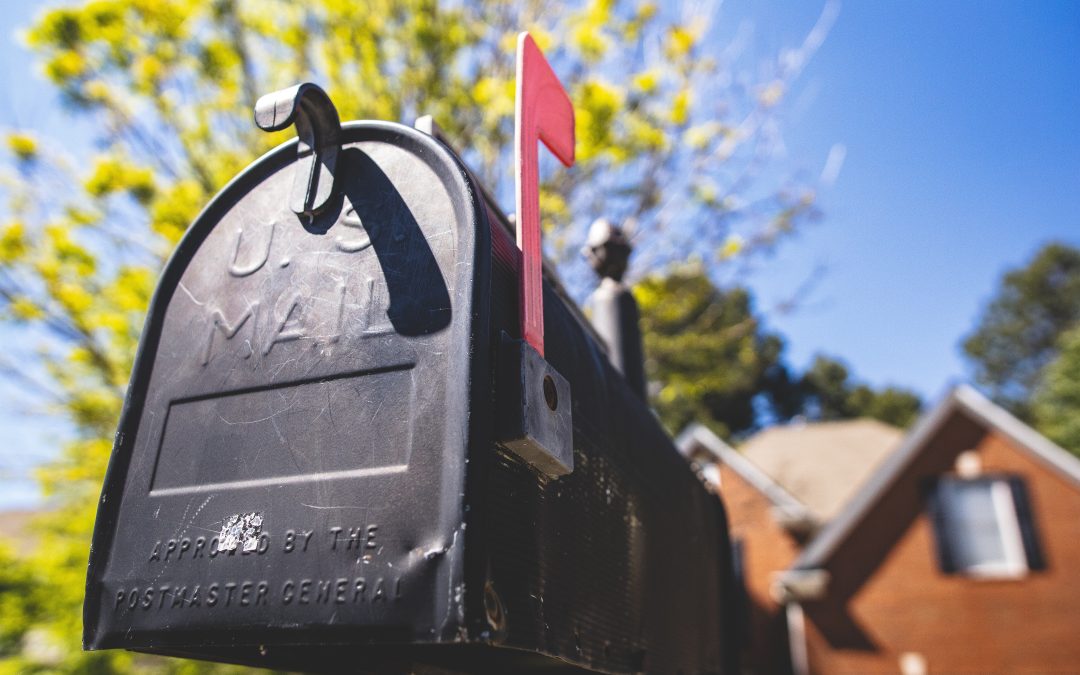Standard Mail
The daily mail can be a lot more hazardous than it appears at first glance. What might seem to be a harmless piece of paper could spell trouble in the wrong hands.
As long as it stays in your possession, no big deal. Eventually you have to get rid of unwanted mail. The question is, when you throw out that piece of mail, who is going to see it after that?
A piece of paper with your name and address already tells someone quite a bit. Then add to it the name of a financial institution or credit card company and now someone knows who you use for some of your financial transactions.
Credit Cards
Credit card offers that often contain credit card applications are pretty dangerous to just throw in the mail. Someone could easily send in or call in and request a credit card with your name on it. Yikes!
Credit card statements are not much better because they often contain sensitive information such as account numbers. Someone could use that information to attempt to perform an online purchase or even call your credit card company and request a replacement of an old credit card that they subsequently intercept in the mail.
Sensitive Documents
All of your sensitive information should be protected. Some of the obvious ones would be personal documents such as birth certificates, marriage licenses, social security cards and driver’s licenses. Other than drivers licenses which we normally carry with us, the others should be locked in a fireproof box or safe to keep them in one place for easy reference and to reduce the risk of loss in a fire or significant weather event.
Some other paper documents that contain sensitive personal information include tax returns and tax records, pay stubs, bank statements, medical bills, and financial statements.
Any type of document that contains a social security number or a date of birth is absolutely something you want to protect from identity thieves or other fraudsters. That means that any financial documents or tax-related documents should be handled carefully.
Why Take a Chance?
You could luck out, but why take the chance? If you can control what goes in the garbage or recycling bin, why not do it then?
Anything with your name and address on it should be shredded in my opinion. The envelope and other pages that don’t have your name or other sensitive information such as account numbers can go into the recycling bin since it won’t give out any personal information.
Real Life Examples
I know, you are thinking, it won’t happen to me. Aren’t we being a little too paranoid by taking these steps to avoid potential identity theft?
Maybe, but here are some links real world examples so that we are all reminded that this stuff is real.
Various Forms of Identity Theft – see examples
Other Identity Theft Cases – CBS news
What you can do to Deter an Identity Thief
Shred your important documents and anything else with your name and address, such as utility bills. As we discussed here, shred your documents before putting them in the garbage or recycling bin. Don’t take a chance or make yourself an easy target. You can get any basic shredder. A cross-cut shredder is usually the best way to shred documents.
Go Electronic for your normal statements and bills to avoid the mail altogether. This will cut down on having to deal with the paper and subsequently shredding it. As you know, electronic information has its own identity theft challenges, so be sure to find secure methods to protect your online data as well.
Freeze your credit with each of the three main credit bureaus. The three credit bureaus are Equifax, Transuion and Experian. These are the companies that are responsible for providing your credit report for free each year. By freezing your credit, no one will be able to borrow money pretending to be you. This will create a little hassle for you, as you will need to temporarily unfreeze your credit if you need additional credit. This is a small price to pay for the security that freezing your credit provides.
Protect your social security number by providing it only when absolutely necessary. Many places will request the number on their forms. However, most don’t really need it. A good rule of thumb is to leave it blank on forms and wait until someone asks for it again. You can then have a fair discussion as to what they do with that number and how they protect it from theft.



